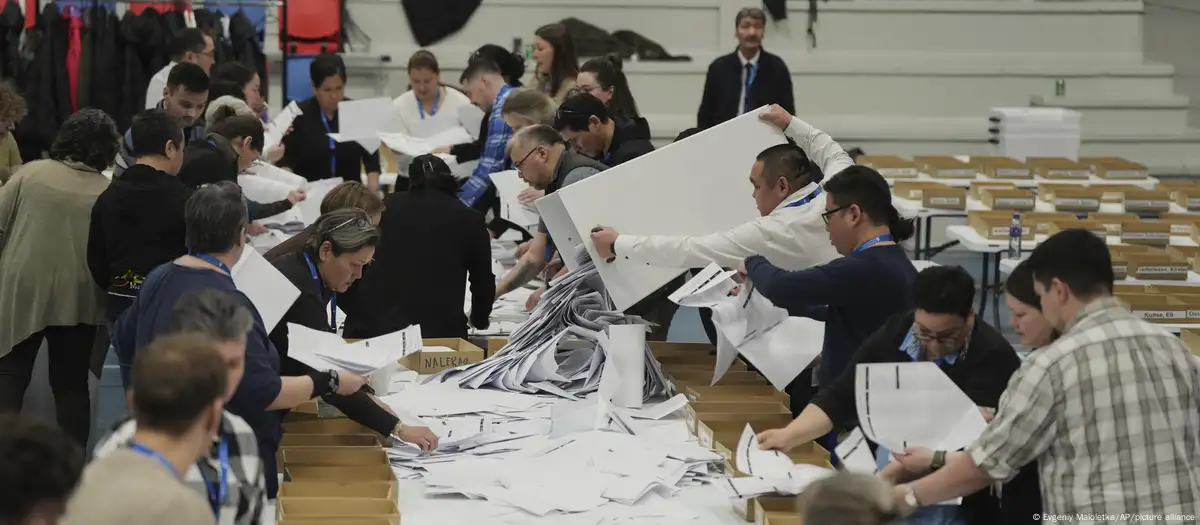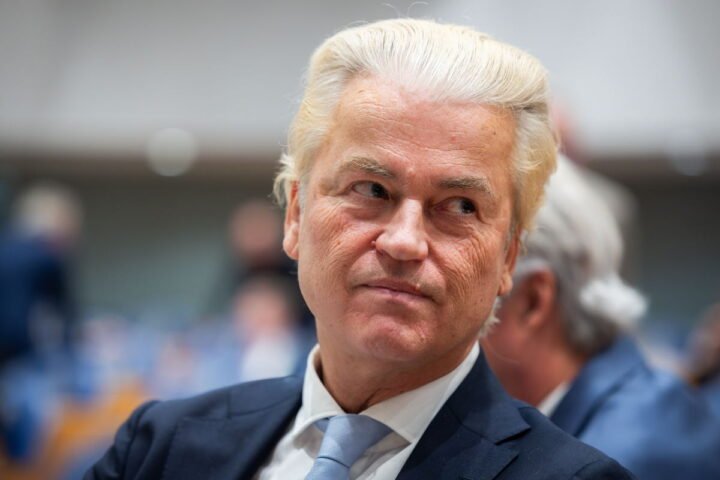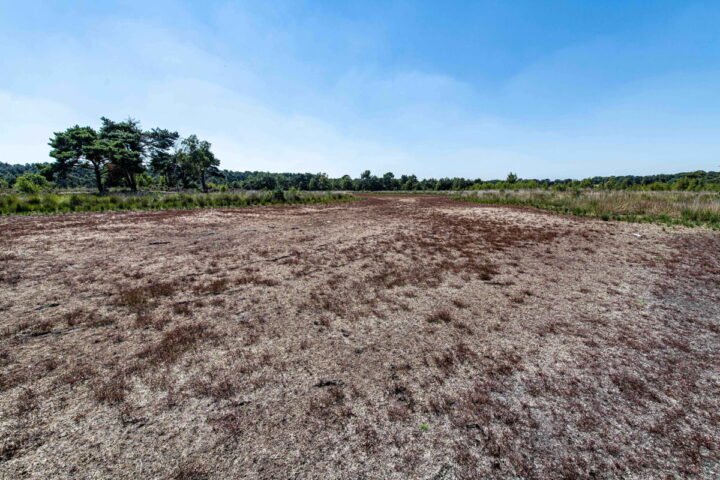Greenland’s legislative elections could set a path toward independence. It comes after Donald Trump announced he wished for the US to acquire the autonomous Danish territory.
With the majority of votes counted, the opposition Demokraatit Party is considered the winner of Greenland’s election, receiving nearly 30% of the votes.
The world took unusual notice of Tuesday’s parliamentary election after US President Donald Trump said he wanted to take control of the Arctic island.
The Demokraatit Party, which favors a slow approach to independence from Denmark but not US control, won 29.9% of the votes with over 90% of ballots counted.
What happens next?
Around 40,000 people were eligible to vote in the election for Greenland’s 31-seat parliament.
After ballots were counted in the capital Nuuk, the Demokraatit Party, which describes itself as “social liberal” and which has also called for independence but in the longer term, held a lead that cannot be beaten, public broadcaster KNR reported.
Official election results in Greenland will take several weeks to be certified by election authorities.
While health care and education were central campaign issues, discussions about Greenland’s future relationship with Denmark have dominated the election.
Greenland is a self-governing territory under Danish control, with Copenhagen managing its foreign affairs, defense, and monetary policy.
Pro-independence supporters hope for a strong mandate that could accelerate Greenland’s path toward full sovereignty.
Why does this election matter internationally?
The election has drawn global attention, partly due to Trump’s ongoing attempts to influence the island’s political landscape.
During his second term, Trump has once again expressed strong interest in Greenland, declaring his intention to gain control over the Arctic territory “one way or the other.”
His last-minute efforts and statements to sway the election have sparked both astonishment and rejection from Greenlanders.
Greenland has been moving toward greater autonomy since 2009, but Trump’s repeated claims have created uncertainty about the island’s future.
“I think most of us have been scared since the new year because of [Trump’s] interest,” Pipaluk Leynge, a member of parliament from the ruling Inuit Ataqatigiit party, told The Associated Press news agency.

Opinion polls suggest most Greenlanders do not support becoming part of the United States.
Beyond security concerns, economic factors may also be driving US interest in Greenland.
The island is believed to have valuable deposits of oil, gas, gold, uranium, and zinc, particularly in its southern regions. As climate change alters Greenland’s ecological landscape, these resources may become easier to extract, increasing the island’s geopolitical significance.










